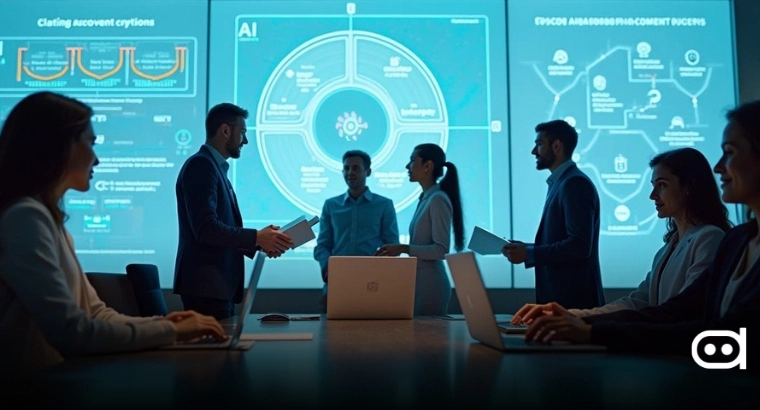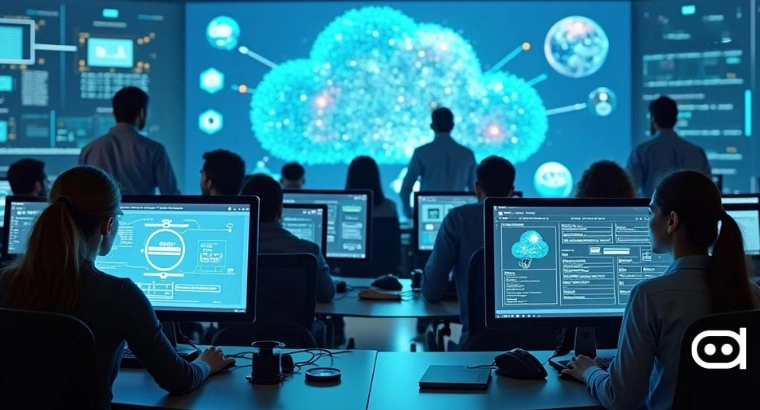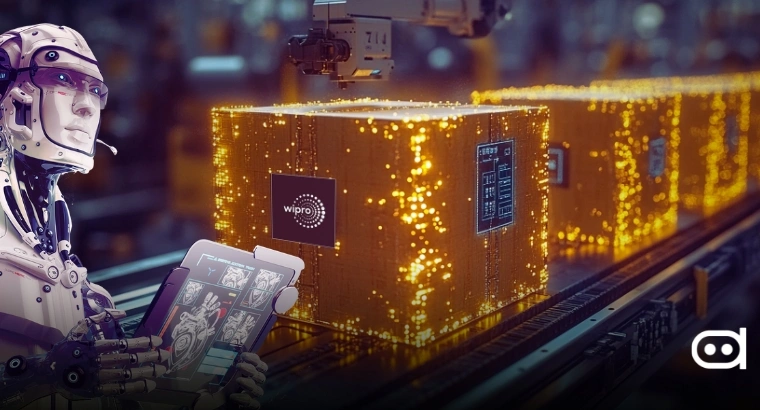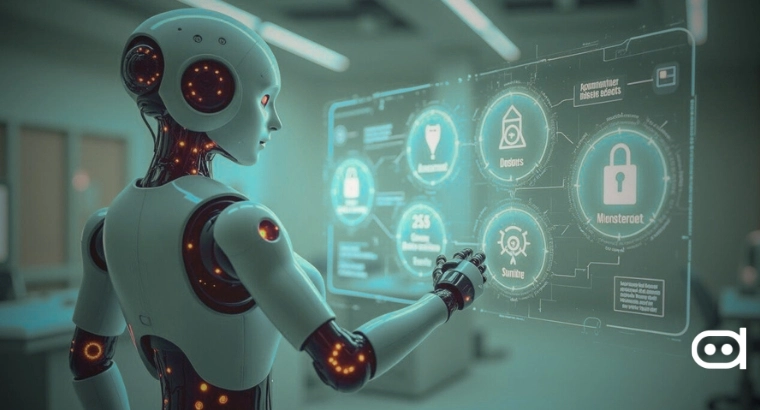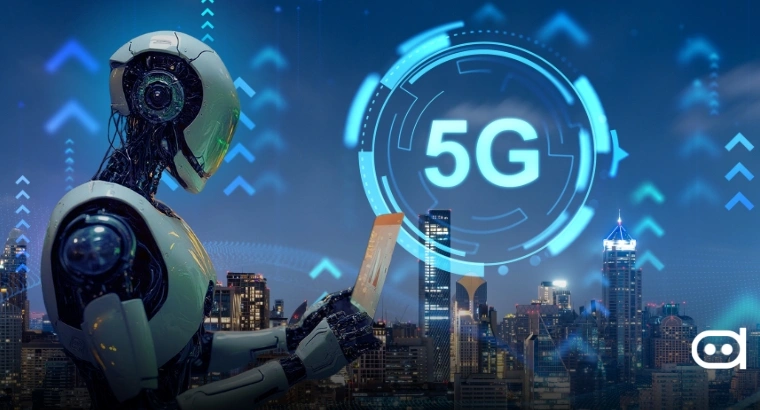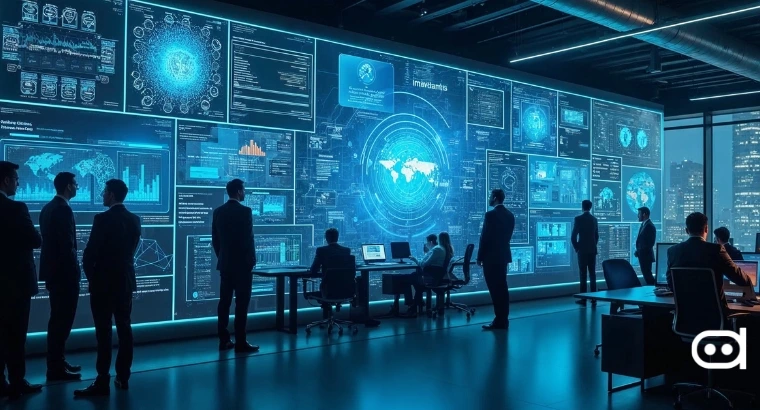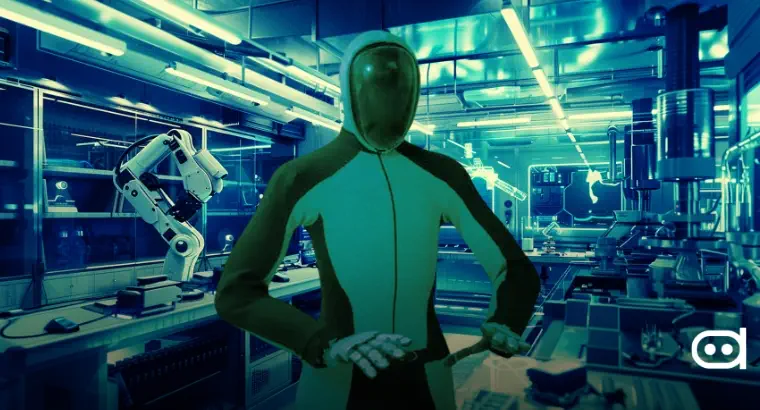
- AI Robot NEO Beta has made its debut in real-world human interaction, spending two days inside a home with a human, marking a significant step forward for AI and robotics.
- The humanoid robot, powered by advanced 20 Degrees of Freedom (DoF) technology, successfully demonstrated its ability to complete household tasks, showcasing its dexterity and adaptability in a live environment.
- This event highlights the growing capabilities of AI-driven robots, moving closer to real-world applications that were once a distant vision of the future.
Neo Beta AI Robot has stunned many enthusiasts in the realm of robotics by outperforming in a two-day experiment in realistic home conditions. Boasting this monumental accomplishment at OpenAI, it has been the first occasion that NEO Beta, a humanoid android fitted with 20 DOF technology, has cohabited with a human, performing numerous day-to-day activities without the struggles that everyone could have had. Previous demonstrations of advanced robotics and their version of simulated AI have occurred in artificial environments or workshops. However, this experiment still marks the beginning of the use of such sophisticated AI robots for the purposes for which they have been designed and developed, which is not only academic in nature but also for everyday life – a practical application.
This included assessment of agility, adaptability, and problem-solving of NEO Beta outside the confines of the laboratory. This time, OpenAI tested the AI robot in a home setting so that it could analyze how the AI robot cleaned and organized the house and how well it interacted with the objects of the house in an unstructured way. Thanks to advanced technology, NEO Beta is able to perform much smoother and more precise robotic motions than any past AI robots through the advanced 20 DoF, enabling the robot to figure out and grab objects, turn the doorknob, and go through narrow spaces.
One of the outstanding accomplishments of this test was how AI Robot NEO Beta was able to continually conform to its environment. NEO Beta, which NEO used, was designed for a different role. Instead, it was able to use its cognitive abilities powered by AI to make decisions depending on the conditions surrounding it. An excellent instance to highlight this robotic capability was when the machine came across stray toys or pieces of furniture. The robot was able to alter its plans and movements, which a real-life humanoid android has never done.
Read More: HONOR Unveils Revolutionary AI Agent and Deepfake Detection at IFA 2024
This examination raises unresolved questions about singularity and general artificial intelligence (AGI). Given that NEO Beta is a humanoid robot, in the future, there is a great possibility of carrying out all sorts of chores, even those previously done by mankind. Still, there is a long way to go before AI robots will manage to convince us that they are in possession of true AGI. Nevertheless, such experiments should draw attention as examples of the progress that is happening in the field of AI and robotics convergence.
As of now, the fulfilling two-day test validates where AI Robot NEO Beta bets in the forward-looking experience with its broad implication beyond the technological sphere. The day when we never experienced an empty kitchen, as all cooking robots are doing the cooking, may not be very far off.
